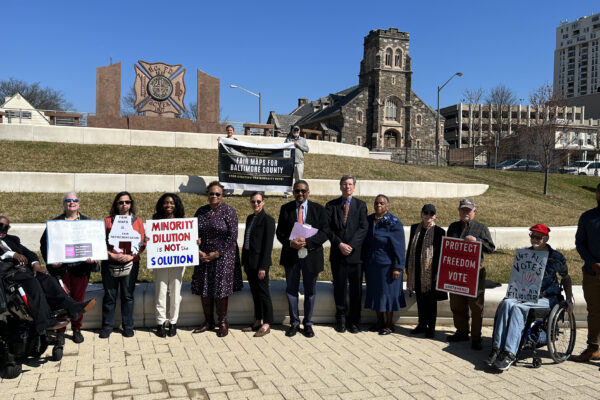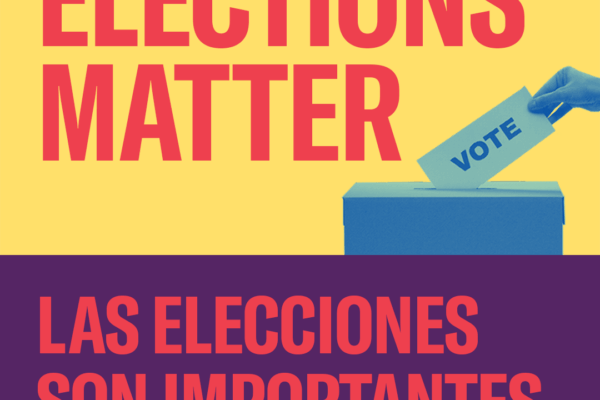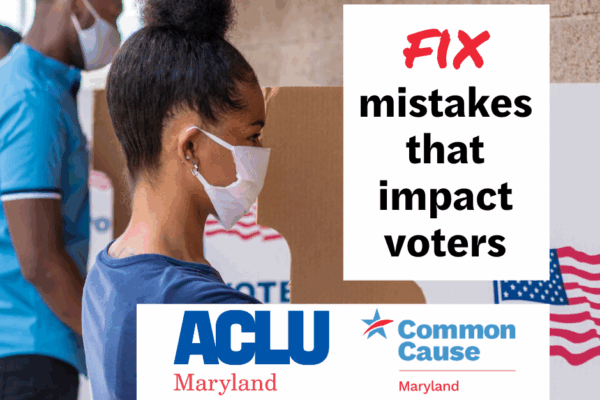The Afro News published this OpEd on March 15, 2025.
This session, the Maryland General Assembly has an opportunity to establish Maryland not only as a national leader in voter integrity, but as a defender of the constitutional rights of its residents before more lacerations to the VRA occur and the second Trump administration finishes what the first started. It is time to pass S.B. 342, H.B. 983, S.B. 685, and H.B. 1043, part of the Maryland Voting Rights Act (MDVRA).
In 1965, President Lyndon B. Johnson signed into law the Voting Rights Act, which sought to end the discriminatory voting practices endorsed by many southern and northern states in the aftermath of American hostility born 100 years after the end of the Civil War in 1865. The VRA, along with the Civil Rights Act of 1864, were the most progressive civil rights legislation passed since the 13 th , 14 th , and 15 th Reconstruction Amendments, helping put an end to Jim Crow.
The Supreme Court’s decision in Shelby v. Holder to strike Section 4(b) gutted Section 5 of the Voting Rights Act – the important preclearance provision that required jurisdictions with a history of discrimination to obtain federal approval before changing their election laws– is just one example of this need. As several states that were previously covered by preclearance have most recently seen their maps face legal challenges over the representation of Black voters.
In 2025, the nation again finds itself on the precipice of widespread voter discrimination. Despite the VRA’s longevity, the unfilled promises of fair voting districts, expansion of voter rights, language access, and an accessible electoral system continue to be elusive under a new administration and additional rollbacks of the federal VRA.





